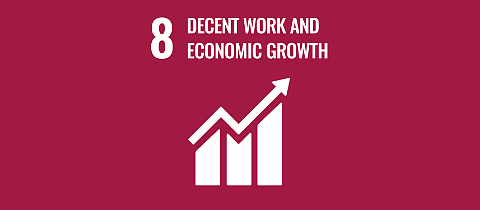Explaining Insider Purchases
| Type of project: | Empirical Research |
| Departement: | Accounting and Control |
| Date: | 01.01.2020 - Ongoing |
| More Info: |
Faculty

.jpg)
SDGs tackled in this research project

Description
The study attempts to better understand the incidence and consequences of corporate fraud and managerial misbehavior, by looking at the insider trading patterns of U.S. top executives. We argue that insiders’ private information is primarily reflected in prices through the trades of outside investors rather than those of insiders. This occurs with a delay as investors assess the credibility of insider purchases, and either choose to bear information costs and trade or wait for corroborating disclosures. We show that insider purchases occur and inform primarily when investors can plausibly infer credibility by assessing whether insiders bear higher personal wealth risk after the purchase. We also show that prices adjust faster when there are more intermediaries as investors’ processing/search costs are lower. Our findings are consistent with a credibility and asymmetry reinterpretation of extant evidence where asymmetry is necessary, but not sufficient for insider purchases to either occur or inform.



